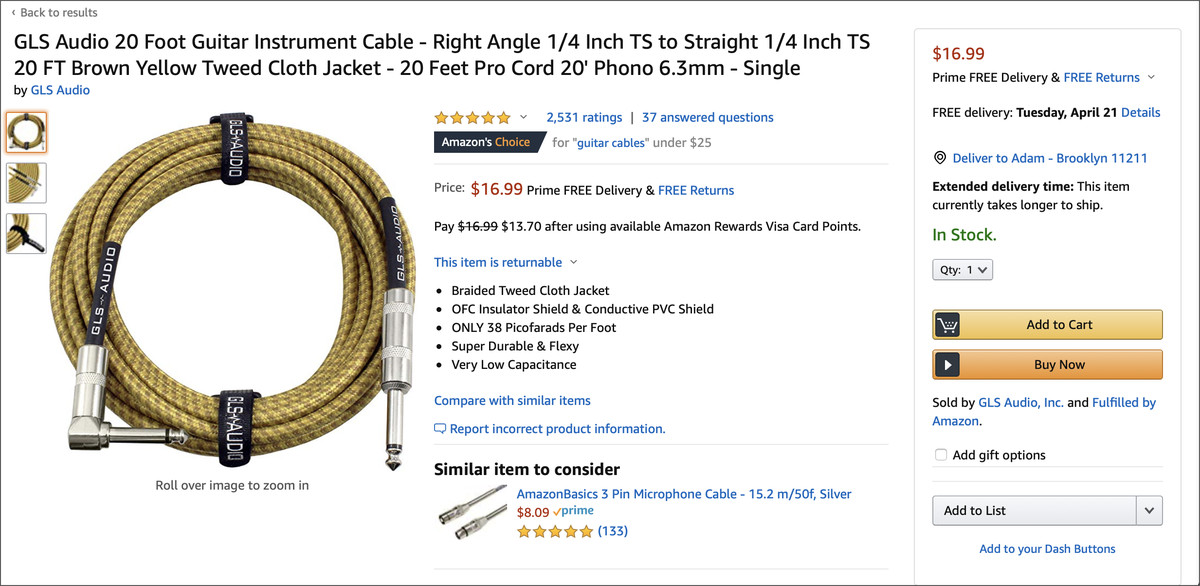
The shopping center is changing. The changing role of the shopping mall is due to urbanization. Fewer people now live in large homes. This makes it more crucial to create a safe and pleasant environment for people to shop and work. The change in the role of malls can be attributed to many factors including the increasing middle class, changing demographics, as well the technology impact. We will be discussing the changing role and evolution of malls and technology in this article.
Shopping malls are changing their role
Shopping Malls: A changing role

Vertical malls evolve
Vertical Malls: The Evolution of Shopping Centers
Impact of technology on malls
The impact of technology on shopping malls is becoming increasingly evident. CBRE recently conducted a study that found more shopping malls will be "mixed-use locations," which can include educational, leisure, and health uses. CBRE's recent study reveals that shopping centers will be transformed into experiences. Technology will play a key role in this transformation. This is especially relevant as holiday shopping season draws near. The study will investigate how technology can help enhance the offline shopping experience.
Evolution of open air malls
Open-air shopping malls have been evolving with American society's changing demographics. Malls are a safe and convenient option for people who live in tight spaces due to increasing urbanization. In addition, the middle class is seeking out places where they can walk to work. These trends have made the development of open-air malls an obvious progression.

New York City: Impact of open-air markets
New York City’s recent COVID-19 outbreak has had mixed impacts on the city's retail sector. This has had a mixed effect on New York City's retail market. It has seen lower revenues in large retail segments but more growth for essential businesses as well as online retailers. Manhattan is the obvious example. Foot traffic dropped by 90 per cent and has remained below 50% since pre-pandemic. The mall's occupancy has declined, as well as public health concerns related to pandemic-related shutdowns. This has also caused a reduction in foot traffic.
FAQ
Are there any discounts that can be requested when you shop?
You should always attempt to negotiate a cheaper price for your items. It is not rude to ask them if there are any discounts codes. If you're polite, they might offer you a special deal. This could save you money in the end.
Do you believe it is important to use coupons at grocery shops?
Coupons are definitely worth it as they can help save you money. Be aware that not all discounts are available. The best thing you can do is to try to match coupons with sale prices.
Coupons can be stacked together to maximize savings. If you have two coupons for $2/1, you can combine them to create a $4/3 coupon.
When is the best time to shop online?
Sunday is the best day for shopping online for clothes. This is because you can take your time and browse through different stores to find what you are looking. You should buy all the clothes you will need for Monday. Do any last-minute shopping on Tuesday. Wednesday is the best day to start shopping for Christmas. Thursday is the time to begin planning for Easter. Start preparing for summer holidays by planning for Friday. Saturday is the ideal day to begin preparing for school holidays. Finally, finish up any remaining tasks from the week on Sunday.
Do gift cards work online?
Gift cards can also be accepted in many online stores. These cards are valid to purchase online products.
But, they cannot be used for redeeming reward points.
Do you think it is worth signing up to receive rewards and insider information wherever you shop?
While they can be a great reward, they aren't always worth the effort. If you do decide that you want to join an online program you should make sure that there is value. Make sure you understand how much time and money you spend on it.
Don't sign up for rewards cards just because they offer a signup bonus. Sometimes these signup bonuses are not worth the hassle.
Before you join a rewards program, think about why you want it. Many people join because they see their friends doing it. But if you have no interest in the products or services offered by the company, then you probably won't stick with it long enough to reap any rewards.
Online shopping: Can I return clothes?
Absolutely! It's actually easier than ever to order clothing online. All major retailers offer free returns. You can simply print a label, and then drop it off in the mail.
However, keep in mind that you'll only receive a refund after receiving the item. You will have to return the item if you decide not to buy it.
How can I protect my privacy online?
Consumers need to be aware of what information they give away when using an online service like Amazon.com. Asking consumers if they would like to share their personal data with Amazon is a good idea. If you do not want to give out this type of information, you may have to limit your shopping on sites where you feel comfortable sharing your private data.
Statistics
- The vast majority only change a password to protect privacy a few times a year (27 percent) or, more likely, never (35 percent). (pcmag.com)
- Your Online Purchases 79% of Americans purchased goods and services online in 2018, which is expected to exceed 90% in 2023. (meetfabric.com)
- According to the Federal Trade Commission (FTC), online shopping was the fourth most common fraud category for consumers as of February 2022.5 (thebalance.com)
- Last Black Friday, I bought a stove from Lowes at 40% off, receiving 24 months of interest-free financing (from Lowe's). (meetfabric.com)
External Links
How To
How to shop online securely
Online shopping is one way to get goods and services at a very convenient price. However, this convenience comes at a price. While online shopping offers many advantages, there are also some risks. Identity theft is the greatest risk. Identity theft is the most serious risk. Identity thieves will use your personal data (names, addresses, credit cards numbers) to steal your money or take out fraudulent loans. The thieves then sell the stolen information on black markets. Here are some tips for staying safe online.
-
Secure websites. Most online stores offer free SSL encryption to protect customers' information. Any information entered on the site, including names and addresses, phone numbers, credit card details, and so forth, is encrypted. It makes it impossible for anyone to read what you input. It is important to verify that an authorized CA has issued a valid certificate before you shop online. When you browse the web, look for a green padlock icon at the URL bar.
-
Never give your password away. When you sign up for your first account, you will receive an email asking to confirm your username and email address. These credentials should not be shared with anyone. You should also not write these credentials down. If someone steals your wallet they can access your accounts. Instead, save them securely on your computer. Also, it is important to change passwords every three months.
-
Keep track and keep track of your orders. Track where you send packages if you're sending items to other people or yourself. Many people are scammed by believing they sent something to their own address, when it was actually sent elsewhere. Before you pay shipping fees, ensure that the tracking number is checked. Do not ship anything without proof that it was delivered. Contact the company immediately if you're not satisfied with the service provided.
-
Know who you're dealing with. Websites will often ask for sensitive information like your full name, date, birth date, Social Insurance Number and bank routing number. These details are used to identify you. Google "what's the need?" to determine if a website has this information. There are many ways to find answers.
-
Be wary of pop-up windows. Many websites will bombard you daily with pop-ups offering special offers, discounts, and other products. While some ads might seem legit, others may trick you into giving out private information. For example, a fake antivirus program might request your credit card number, social insurance number, and banking information. Never click on suspicious links to avoid being tricked.
-
Beware of phishing scams. Phishing scams include hackers pretending to work for reputable organizations in order to get financial information from consumers. Phishers send emails that look like they're from retailers and banks. These emails encourage users to log-in to update their account information. Once your financial information has been given, hackers can take control of your finances. Hackers are able to drain your bank accounts and transfer funds among different accounts. The following resources can help you identify phishing scams.
-
Do your homework. Make sure you read the fine print before agreeing to a deal. The terms and conditions of any contract you agree to must be clear and easy to understand. Read through all the information carefully, and ensure you know exactly what you're agreeing to. To save money, avoid paying hidden fees.
-
Always shop around. Be open to shopping around. Compare prices on different websites until finding the lowest price. Compare shipping costs for multiple items. Shipping costs can vary greatly depending upon which website you use. It's worth paying a little extra for fast shipping.